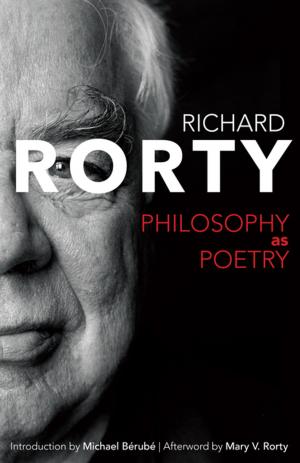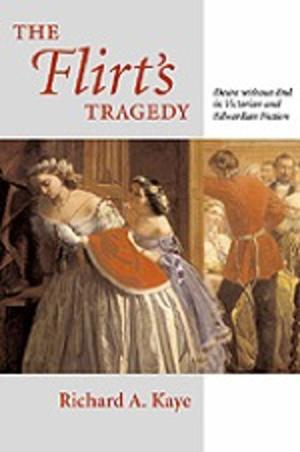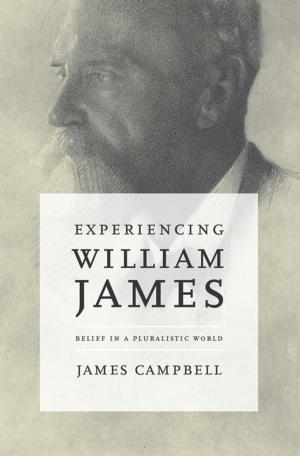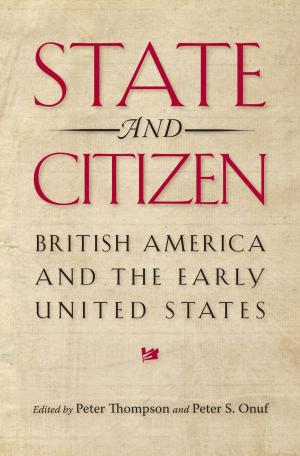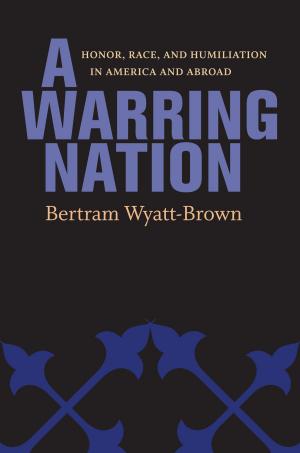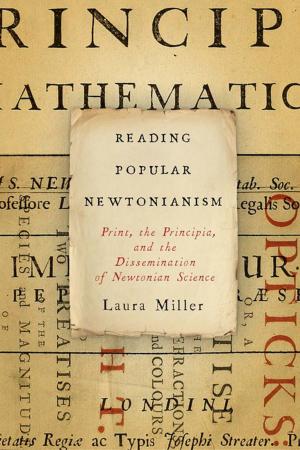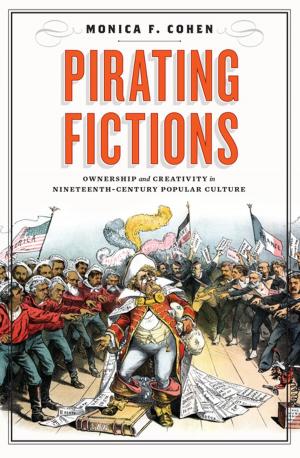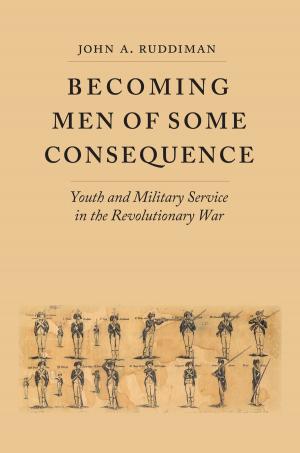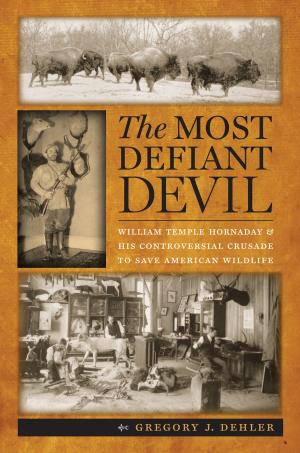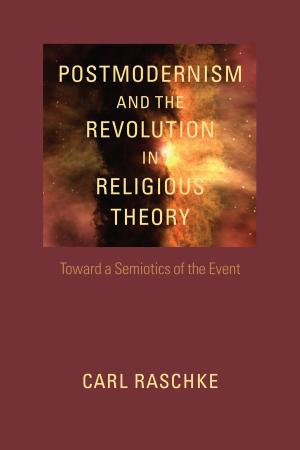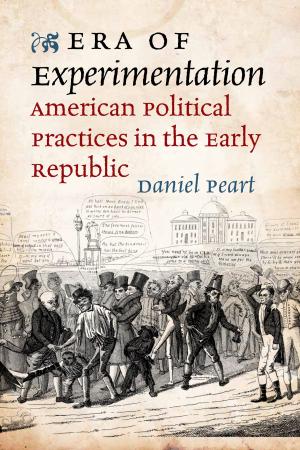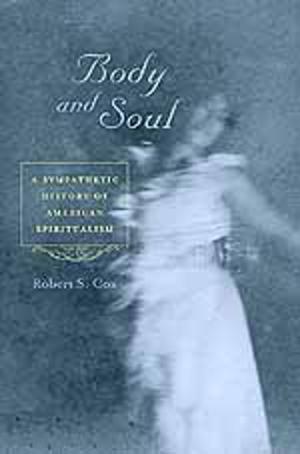"In the Hands of a Good Providence"
Religion in the Life of George Washington
Nonfiction, History, Americas, United States, Revolutionary Period (1775-1800)| Author: | Mary V. Thompson | ISBN: | 9780813930329 |
| Publisher: | University of Virginia Press | Publication: | October 9, 2008 |
| Imprint: | University of Virginia Press | Language: | English |
| Author: | Mary V. Thompson |
| ISBN: | 9780813930329 |
| Publisher: | University of Virginia Press |
| Publication: | October 9, 2008 |
| Imprint: | University of Virginia Press |
| Language: | English |
Attempts by evangelical Christians to claim Washington and other founders as their own, and scholars' ongoing attempts to contradict these claims, are nothing new. Particularly after Washington was no longer around to refute them, legends of his Baptist baptism or secret conversion to Catholicism began to proliferate. Mount Vernon researcher Mary Thompson endeavors to get beyond the current preoccupation with whether Washington and other founders were or were not evangelical Christians to ask what place religion had in their lives. Thompson follows Washington and his family over several generations, situating her inquiry in the context of new work on the place of religion in colonial and postrevolutionary Virginia and the Chesapeake.
Thompson considers Washington's active participation as a vestryman and church warden as well as a generous donor to his parish prior to the Revolution, and how his attendance declined after the war. He would attend special ceremonies, and stood as godparent to the children of family and friends, but he stopped taking communion and resigned his church office. Something had changed, but was it Washington, the church, or both? Thompson concludes that he was a devout Anglican, of a Latitudinarian bent, rather than either an evangelical Christian or a Deist. The meaning of this description, Thompson allows, when applied to eighteenth-century Virginia gentlemen, is far from self-evident, leaving ample room for speculation.
Attempts by evangelical Christians to claim Washington and other founders as their own, and scholars' ongoing attempts to contradict these claims, are nothing new. Particularly after Washington was no longer around to refute them, legends of his Baptist baptism or secret conversion to Catholicism began to proliferate. Mount Vernon researcher Mary Thompson endeavors to get beyond the current preoccupation with whether Washington and other founders were or were not evangelical Christians to ask what place religion had in their lives. Thompson follows Washington and his family over several generations, situating her inquiry in the context of new work on the place of religion in colonial and postrevolutionary Virginia and the Chesapeake.
Thompson considers Washington's active participation as a vestryman and church warden as well as a generous donor to his parish prior to the Revolution, and how his attendance declined after the war. He would attend special ceremonies, and stood as godparent to the children of family and friends, but he stopped taking communion and resigned his church office. Something had changed, but was it Washington, the church, or both? Thompson concludes that he was a devout Anglican, of a Latitudinarian bent, rather than either an evangelical Christian or a Deist. The meaning of this description, Thompson allows, when applied to eighteenth-century Virginia gentlemen, is far from self-evident, leaving ample room for speculation.

